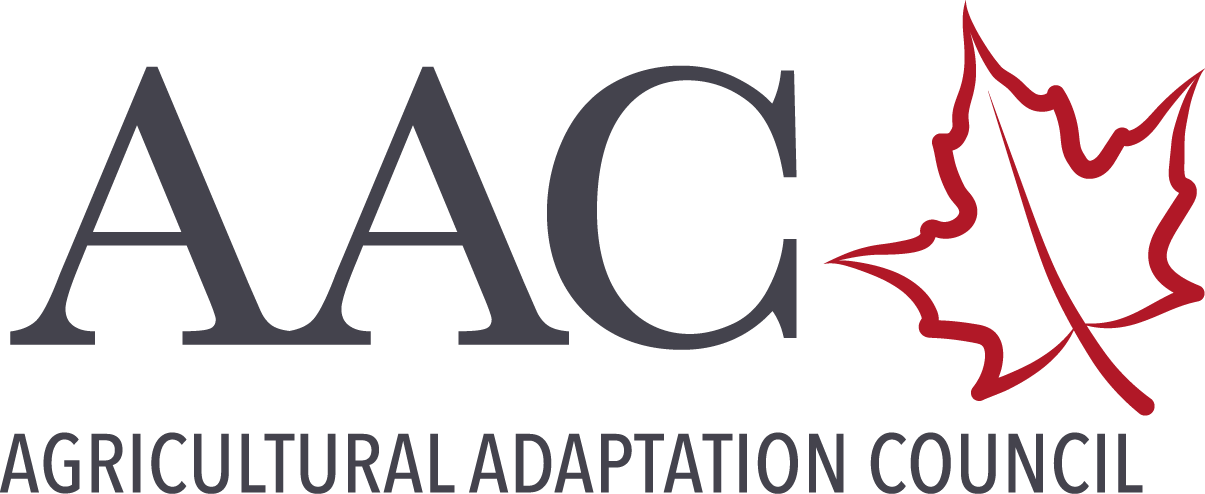Programming when and where it matters most
AAC is committed to delivering funding programs that support the full value chain--from primary producers and food processors to agri-business, supporting organizations, and service providers—all working together to strengthen Ontario's agri-food sector for the future. The AAC team has deep, sector-wide connections and provides unique insight into how to design and deliver programs that are effective, impactful and truly make a difference—for our applicants, the broader agri-food sector and our funding partners.
Programs
| Program Name | Status | Open | Close | Eligible Sectors |
|---|---|---|---|---|
| Rapid Response to Business Development Initiative | Not Accepting Applications | May 7, 2025 | March 1, 2026 | Ontario Food Processors, agri-food businesses, Agri-Products Businesses |
| Veterinary Incentive Program | Accepting Applications | October 26, 2023 | March 31, 2027 | Newly Licensed Veterinarians |
| Agri-Tech Innovation Initiative | Not Accepting Applications | February 14, 2024 | March 28, 2024 | Ontario Food Processors, Primary Producers |
| Increasing Deadstock Capacity Initiative | Not Accepting Applications | September 21, 2023 | December 3, 2024 | Ontario Food Processors, Livestock Producers, Ontario Municipalities, Deadstock Service Providers |
| Ontario Agri-Careers Support Initiative | Program Closed | March 3, 2022 | September 8, 2022 | Ontario Food Processors |
Funding Opportunities
The AAC is pleased to deliver programs through our Strategic Initiatives and in collaboration with government and industry partners to advance Ontario's Agri-food sector. Browse programs listed below to review current funding opportunities, explore program materials and learn about the impact of past funding initiatives. Stay informed of new program announcements by following us on our social channels or
-
 Not Accepting Applications
Not Accepting ApplicationsRapid Response to Business Development Initiative
The GRAS RRBDI will provide up to $10,000 to support Ontario-based, agriculture, agri-food and agri-products businesses, as they work with established business connections to advance market opportunities and secure sales for their innovative products, processes or technologies.
Learn More -
 Accepting Applications
Accepting ApplicationsVeterinary Incentive Program
The Veterinary Incentive Program (VIP) encourages newly licensed veterinarians to practice in underserviced areas including northern communities in Ontario by providing annual grants that can total up to $50,000.
Learn More -
 Not Accepting Applications
Not Accepting ApplicationsAgri-Tech Innovation Initiative
The purpose of the Agri-Tech Innovation Initiative (ATII) is to support growth and productivity through innovation, advanced manufacturing, improved food safety and enhanced cyber security, and energy efficiency within the agri-food sector.
Learn More -
 Not Accepting Applications
Not Accepting ApplicationsIncreasing Deadstock Capacity Initiative
The Increasing Deadstock Capacity Initiative (IDCI) provides cost-share funding support for deadstock management to address immediate and short-term deadstock capacity needs at businesses in Ontario through increasing capacity and improving sustainability.
Learn More -
 Program Closed
Program ClosedOntario Agri-Careers Support Initiative
The Ontario Agri-Careers Support Initiative was designed to grow the labour market for food and beverage processing businesses by either enticing people to become employed in the sector or to remain employed. This initiative supported innovative pilot projects that were tailor-made to address specific needs of employers, employees and jobseekers to attract and retain a strong and vibrant workforce.
Learn More







